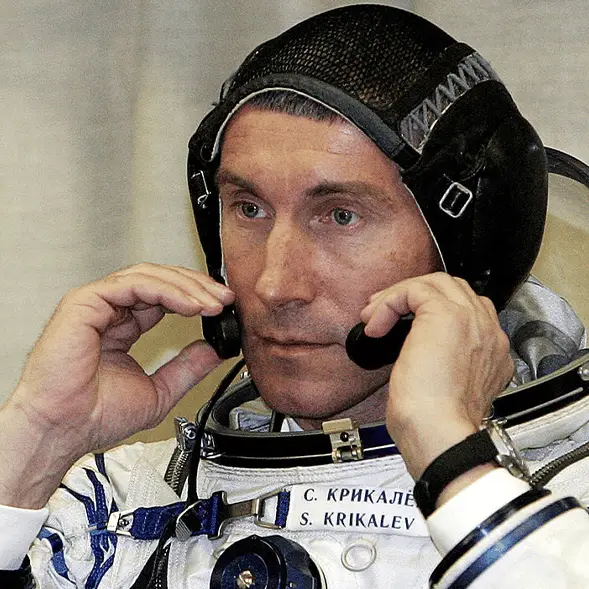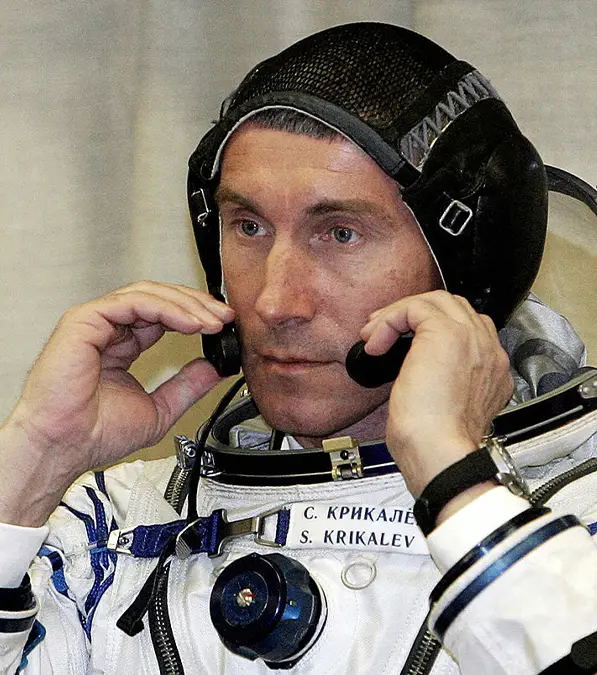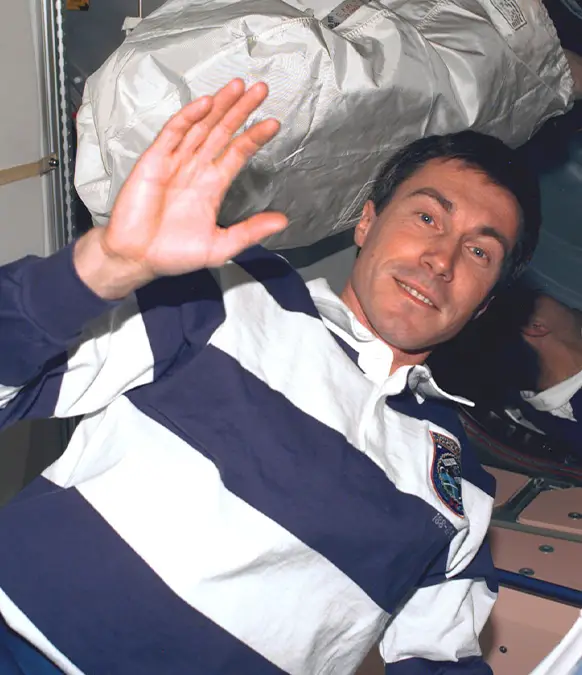
Although astronauts are known to spend many days in space, one astronaut's space mission felt anything but ordinary.
Sergei Krikalev ended up spending over 311 days in space due to unexpected political changes back on Earth.
The Russian cosmonaut has collectively logged more than 800 days aboard the International Space Station - Mir space station - Soyuz spacecraft and the space shuttle, according to NASA.
But Krikalev's lengthy stay wasn't planned. During a mission in the early 90s, he found himself stuck in space twice as long as it should have been.
Advert
He launched from the Baikonur Space Center on May 18, 1991 for a five-month mission to the Mir space station, accompanied by Soviet scientist Anatoly Artebarsky and British scientist Helen Sharman.

But seven months into his mission, things took a complicated turn. The Soviet Union collapsed, which meant his home of Kazakhstan was thrown into uncertainty and Krikalev was in a unique predicament - he became a cosmonaut without a country.
His home nation was undergoing political and economic turmoil and basically, no longer existed.
'The strongest argument was economic because this allows them to save resources here. They say it’s tough for me - not really good for my health,' Krikalev said while still on Mir. 'But now the country is in such difficulty, the chance to save money must be top priority.'
As the mission dragged on, other astronauts were able to return home but that left the space station unstaffed and completely out of sync.
According to BBC-quoted space historian Kathleen Lewis, Krikalev maintained communication with people on Earth via the space station's radio.

Finally, after 10 months and 5,000 Earth orbits, Krikalev returned to Earth on 25 March 1992. But his home had completely changed. The Soviet Union was gone and replaced by newly independent states.
Leaving the ISS was a relief in some sense as the extended mission had taken a toll on Krikalev's health, as prolonged time in space can lead to the loss of bone and muscle mass.
So readapting to Earth's gravity proved difficult, requiring extensive physical therapy.
Lewis mentioned that Krikalev was less bothered about the political situation and more so about his physical health.
'He had trained for five months; he had not trained for a year-long mission,' she added.
Describing his arrival home as 'very pleasant,' Krikalev has since been dubbed the ‘last Soviet Citizen’.'